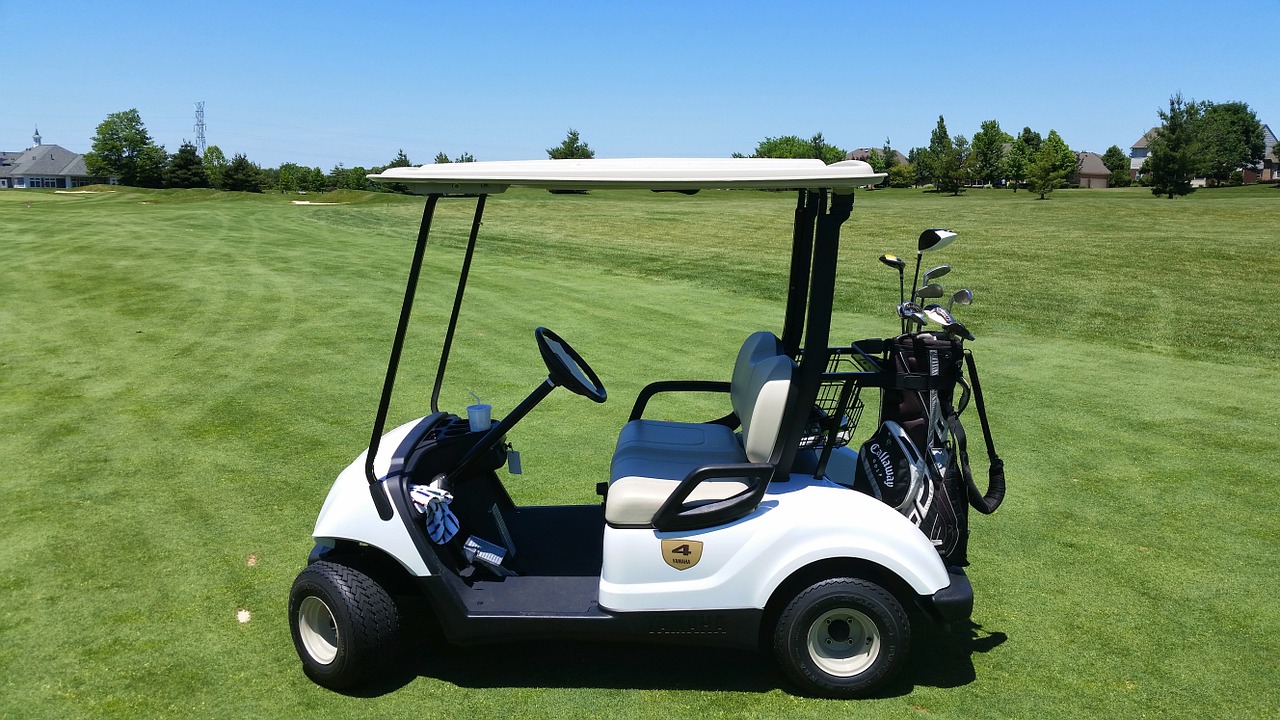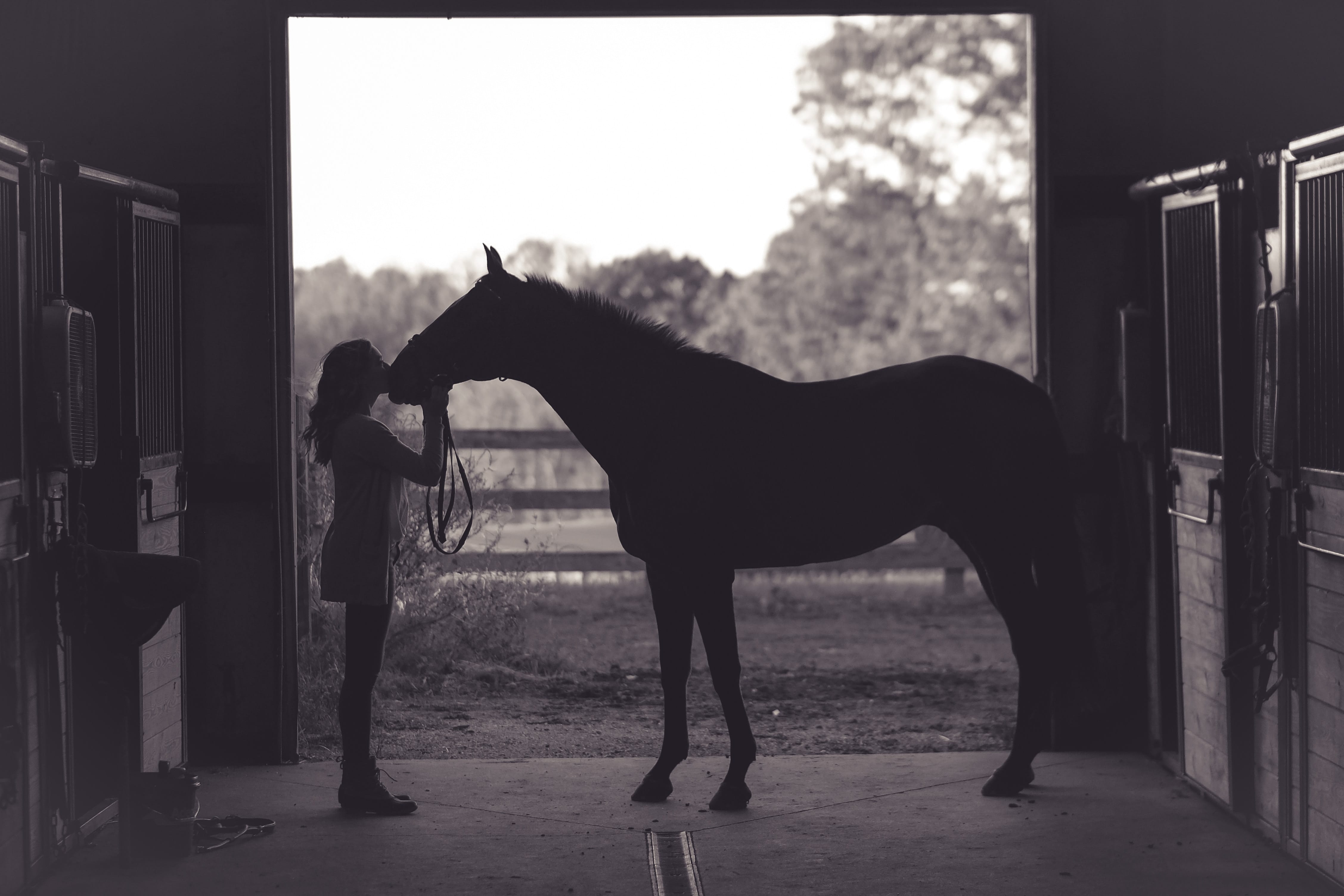A federal appellate court recently ruled that an insurer has to defend an Illinois equestrian business from a lawsuit.
Earlier this week, a federal appellate court ruled that an insurer must “defend an Illinois equestrian business from a lawsuit filed by a man who was injured when he was run over by a golf cart operated by an employee who was chasing a loose horse.” The ruling was decided by a three-judge panel of the 7th Circuit Court of Appeals that “reversed a district court judge’s order granting summary judgment in favor of American Bankers Insurance Co. of Florida.”

The most recent ruling said the “farm owner policy issued to St. Charles Farms contained ambiguous language that the owners could have construed as providing commercial general liability coverage.” It further stated:
“The risks undertaken and purchased were ‘[a]ll known exposures’ of the business: stables, boarding, riding clubs and academies, commercial saddle animals, and coverage for instructors liability…Without a link to the insured premises at that juncture, it would have been reasonable for SFC to anticipate coverage at an off‐site riding event where an SFC instructor was in charge of observing riders; an accident in this context was an ordinary business risk.”
What were the events that led to the lawsuit in the first place? Well, back on November 11, 2016, SFC employee Ashley Ratay transported horses, equipment, and a golf cart from the business’ property in St. Charles, Illinois to the Barrington Hills Riding Center, about 15 miles away. She was in charge of “supervising the people riding SFC’s horses, which she did while riding the golf cart.”
Robert Shockley Jr. happened to be riding as a passenger in the golf cart “when Ratay sped across a grassy field to chase a horse.” As a result, Shockley was tossed from the cart “when it passed over uneven ground and Ratay ran over his leg.”
Shockley filed a suit as a result, seeking compensation from Ratay and SFC for his injuries. American Banker also filed a lawsuit in U.S. District Court for Northern Illinois that sought a declaratory judgment that no coverage was owed under its policy. The carrier argued that “SFC’s insurance farm owner policy excluded coverage for any damages caused by accidents off the premises of SFC’s property in St. Charles.” The district court sided with the insurer.
The 7th Circuit Court panel ruled that the “insurance contract between SFC and American Banker was not a typical farm owner’s policy…For one thing, an endorsement attached to the policy provided commercial liability coverage for any bodily injury or property damage at the Kane County Fairgrounds, where SFC occasionally participated in events.” In addition, the endorsement included “motorized vehicles under a list of supplemental commercial general liability coverage, but specified that the vehicle must be designed for use off of public roads and used to service the insured premises.”
The appellate court’s opinion added that “farm owner’s policies typically work like homeowners policies and provide coverage only for a specific property.” The opinion adds that “by issuing a policy that added commercial general liability coverages for SFC’s operations while off-premises, American Banker created an ambiguity, the panel said.” In Illinois, “ambiguities are decided in favor of the policyholder.” The opinion further states:
“SFC is not a typical farm…It is a horse farm and equestrian center, conducting activities on and off its premises. American knew or should have known, that fact, considering it extended an additional insured endorsement relating to SFC’s operations to the Kane County Fairgrounds; assessed business risks including activities that could occur off‐premises without linking coverage for those activities to the insured premises; and included commercial liability coverage for SFC’s operations in the contract.”
On top of that, the opinion states that a “jury may also find that coverage is owed because the endorsement specifically covers ‘motorized vehicles as long as they are designed for off-road use.” It adds, “The complaint does allege the golf cart was being used for business purposes…This allegation is sufficient to trigger the supplemental motorized vehicle coverage.”
Sources:
7th Circuit: Insurer Must Defend Horse Farm From Lawsuit Over Golf Cart Accident


Join the conversation!